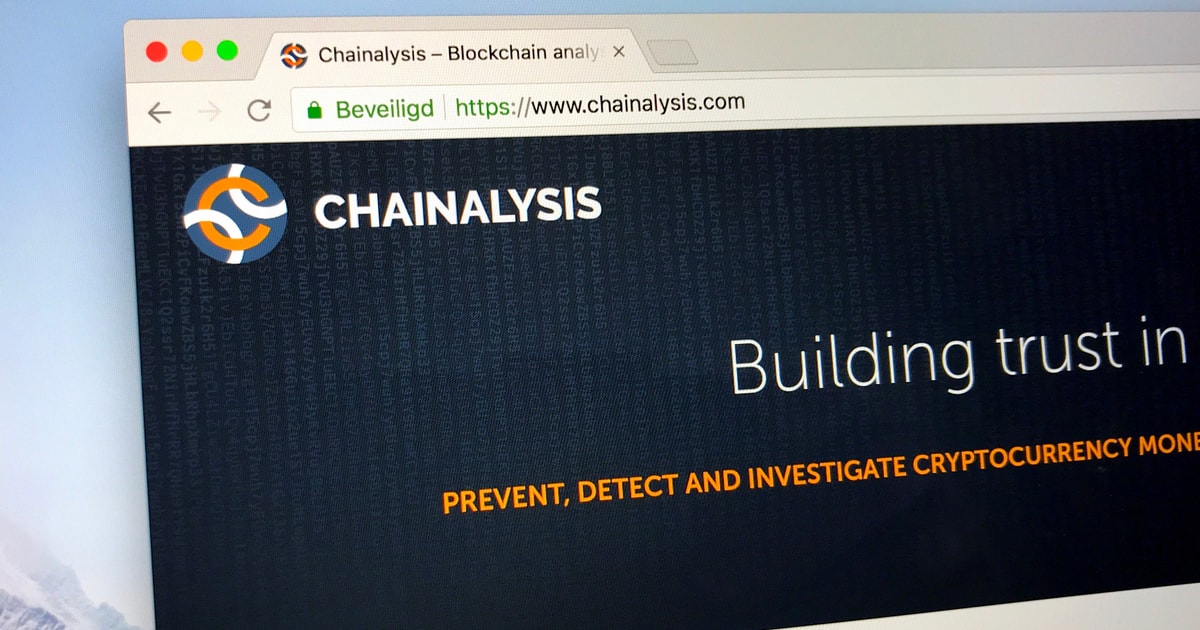DOJ Shifts Focus in Crypto Enforcement with Disbandment of NCET
Timothy Morano Apr 22, 2025 08:19
The DOJ disbands its National Cryptocurrency Enforcement Team, shifting focus to illicit activities involving digital assets, as per new guidance from the Blanche Memo.

The U.S. Department of Justice (DOJ) has announced a significant shift in its approach to digital asset enforcement, with the disbandment of the National Cryptocurrency Enforcement Team (NCET) and a renewed focus on targeting criminal activities that exploit digital assets. This change comes following a memorandum issued by Deputy Attorney General Todd Blanche, known as the 'Blanche Memo,' which emphasizes tackling direct criminal misuse of digital assets rather than prosecuting technical regulatory violations.
Focus on Criminal Exploitation
According to Chainalysis, the DOJ's new strategy aims to prioritize investigations into crimes that use digital assets to cause harm or facilitate broader criminal activities, such as fraud, terrorism, drug trafficking, human trafficking, cybercrime, and organized crime. The DOJ intends to support innovation in the digital economy while protecting citizens from the misuse of digital assets.
Reprioritizing Resources
The NCET, established in 2022, had been instrumental in scrutinizing major digital asset-related cases. Its closure is part of a broader strategy to integrate digital asset expertise into wider criminal investigations, ensuring that efforts are focused on crimes further enabled by digital assets. This aligns with the DOJ's commitment to addressing complex crimes with a crypto nexus, as outlined in Executive Order 14178.
Chainalysis' Role in Enforcement
Chainalysis continues to play a vital role in supporting the DOJ's efforts, providing data, tools, and training to combat crime in the digital assets space. Their involvement includes disrupting the fentanyl ecosystem, unmasking organized crime operations, and supporting the DOJ in dismantling terrorism financing schemes. Chainalysis' technology also assists in tracking and recovering illicit funds, contributing to the DOJ's objectives of victim protection and financial recovery.
Compliance and Industry Implications
The DOJ's new guidance clarifies that digital asset platforms will face prosecution only if they knowingly commit or enable crime. This provides a clearer framework for the industry, emphasizing the importance of robust anti-money laundering (AML) and know-your-customer (KYC) compliance measures. The DOJ remains committed to prosecuting criminal activities, aligning with Chainalysis' mission to protect the digital assets ecosystem.
Future of Digital Asset Enforcement
The DOJ's approach is designed to ensure that legitimate innovation is not hindered while maintaining a strong stance against those who misuse digital assets for criminal purposes. This strategy aims to protect the integrity of the digital assets ecosystem, supporting a secure and inclusive digital economy.
For further information, visit the original article on Chainalysis.
Image source: Shutterstock.jpg)